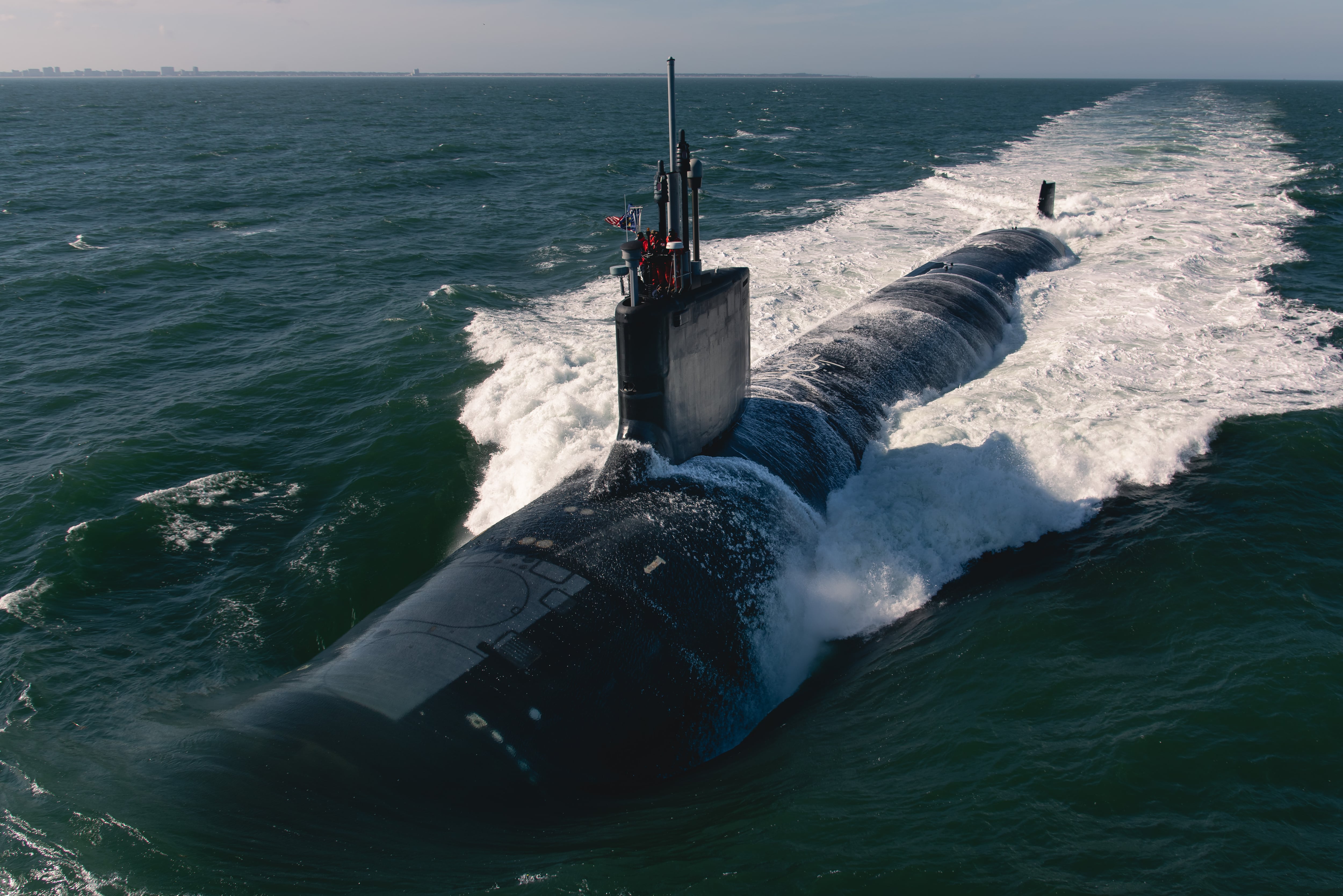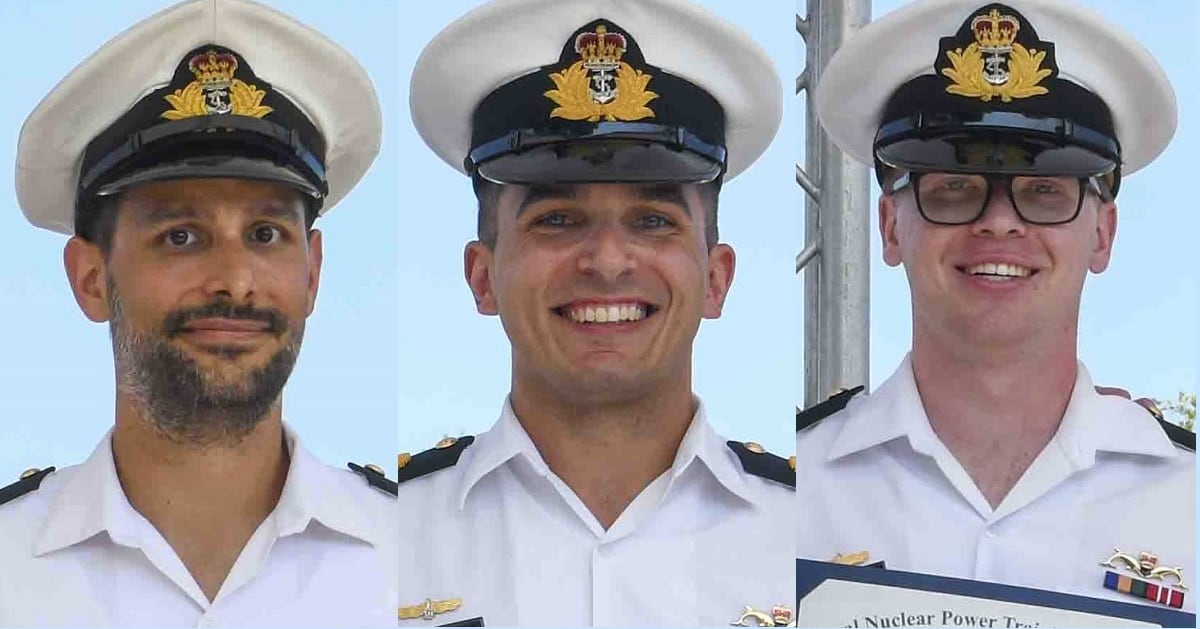The first cadre of Royal Australian Navy officers graduated from the U.S. Navy’s nuclear power school earlier this month, a milestone in the historic plan announced this spring that will see Australia field American and British attack submarines in the coming decades.
Under an agreement announced in March between the United States, the United Kingdom and Australia — an alliance known as AUKUS — the Aussies will acquire multiple nuclear-powered, conventionally armed boats from the U.S. and the U.K. in the future.
The AUKUS alliance reflects the priority placed on countering China in the West Pacific. Navy Secretary Carlos Del Toro said earlier this year that the effort will enable a sub hub in Australia that can oversee undersea activities and maintenance for boats across the region.
But first, the Australian navy needs to develop the knowledge and infrastructure to run an undersea nuclear fleet, and the July 7 graduation of Australian naval officers Lt. Cmdr. Adam Klyne, Lt. Cmdr. James Heydon and Lt. William Hall signals a big step in that direction.
The three officers entered one of the military’s toughest training programs in November and are now on their way to training at the Navy’s Nuclear Prototype Training Unit, followed by the submarine basic officer course in 2024.
RELATED

They will then be assigned to a Virginia-class sub to continue training and qualifications, according to the Navy.
“These officers will form the nucleus of the (Australian navy’s) nuclear-qualified submariners,” said U.S. Navy Capt. Lincoln Reifsteck, the AUKUS integration and acquisition program manager, in a statement. “Through them, Australia will develop its ability to operate, maintain and build their own conventionally armed nuclear-powered submarines.
The Australians are slated to receive their first Virginia class boat in the early 2030s.
The Navy’s nuclear power school trains sailors on the fundamentals of naval nuclear propulsion plants, and six Australian officers are currently attending, with plans to add more in the future, according to the sea service.
“Being one of the first Australians to graduate from (the nuclear power school) means a lot to me personally and for Australia as we work to build the stewardship needed to safely operate a nuclear reactor,” Heydon said in a statement. “With that as our motivation, my colleagues and I put our heads down and cracked on.”
Geoff is the managing editor of Military Times, but he still loves writing stories. He covered Iraq and Afghanistan extensively and was a reporter at the Chicago Tribune. He welcomes any and all kinds of tips at geoffz@militarytimes.com.




